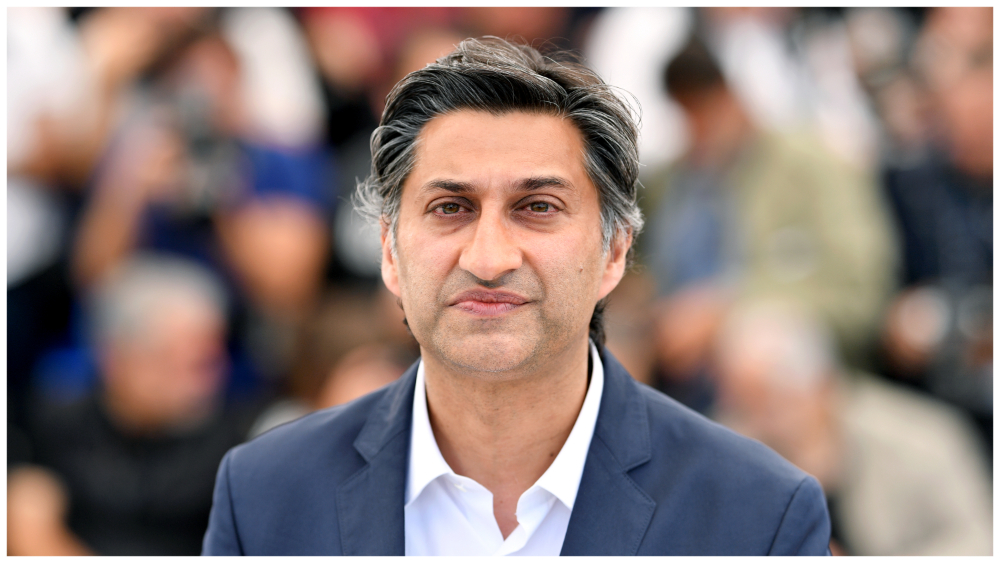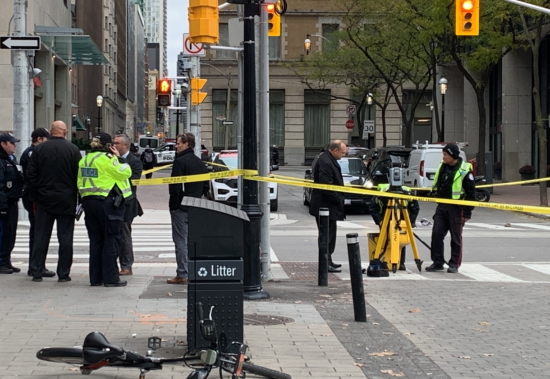
On Monday, Oscar-winning documentarian Asif Kapadia told a roomful of CPH:DOX Conference attendees that he might have never directed a nonfiction film had it not been for Harvey Weinstein “killing” his first narrative feature film, “The Warrior.”
“The Warrior,” starring the late Irrfan Khan (“Slumdog Millionaire,” “The Lunchbox”), is about a mercenary directed by an evil warlord to wreak havoc on a rural village in Rajasthan by forcing the poor inhabitants to pay taxes. In 2003, the film won two BAFTAs for outstanding debut and outstanding British Film. But according to Kapadia, the film garnered no attention outside of England due to Weinstein, who bought worldwide rights – excluding the U.K. – in 2001.
“I was flown out to New York to meet Weinstein, and everyone was saying how great it was that the film had sold to Miramax,” Kapadia said. “I remember saying why I did not feel good about (the deal).”
At the meeting, Kapadia described a roomful of initially friendly executives who quickly became silent and could not look the director in the eye after Weinstein entered the conference room.
“The Warrior” starred the late Irrfan Khan (Courtesy of Miramax/Everett Collection)
“Weinstein pushed this pile of scripts towards me and said, ‘Pick a movie (because) your next film has to be with me, or I don’t release “The Warrior.”’ And not only that, he says, ‘Your next three movies have to be with me.’”
Not wanting to be locked into a contract, Kapadia refused the offer, and Weinstein “killed the film.”
“Even now ‘The Warrior’ cannot be shown around the world,” the helmer told moderator Thom Powers. “Even Irrfan Khan tried to get that film shown. Now nobody even knows who owns it. I can look at the experience now and go: ‘That was a big opportunity for (my drama career), and it died before it began on my first film.’ So, I had to find another way.”
Kapadia’s alternative route was documentary filmmaking.
“I had a bit more control (on a doc),” he explained. “I was running it, and I was in charge of the edit. Also, the less money you have, the more power you have.”
The career shift paid off. Kapadia went on to make a lengthy list of acclaimed docus, including “Senna,” “Amy” and “Diego Maradona.”
As for his Oscar-winning portrait of Amy Winehouse, Kapadia described the race to get to the Academy Awards in 2016 as “great” but also “exhausting.”
“It started off with a movie and an audience in a room and the emotion of people feeling collectively,” Kapadia said. “And it finished with politics. (The Oscar race) felt very political.”
The director went on to express his concern over docus’ theatrical viability and the consolidation of streamers.
“I don’t want cinema docs to only exist at film festivals or during award season,” he said. “Award season is great, but it’s not everything. It shouldn’t be everything. There should be room for other stuff. What we have to watch out for as we have this rise of authoritarianism in politics is also a rise of a certain few people who make the decision about what we are about to see – everywhere in the world. Is that good? I don’t know.”
Kapadia is at CPH:DOX with his latest film “Creature,” a silent doc that captures a dance performance choreographed by Akram Khan.

“Creature” is a silent doc that captures a dance performance choreographed by Akram Khan
“Creature” only exists because of Covid,” the director explained. “Akram Khan created a show, and they couldn’t perform it because of COVID. Someone contacted me and said, ‘Would you be interested in doing something?’ ”
Kapadia was, and ended up shooting the film over a 10-day period during the pandemic.
“Senna” took me five years to make, and “Amy” and “Diego” took about three years,” Kapadia said. “So I was like: ‘Let’s do this film in two weeks. Fuck it.’ It’s funny being here in Denmark, because, in a way it’s like Dogma. It was like: ‘Here are these restrictions. What can you do with restrictions and let’s just try and make a movie.’ ”
Kapadia added: “It’s been fun doing art and not worrying about algorithms.”













